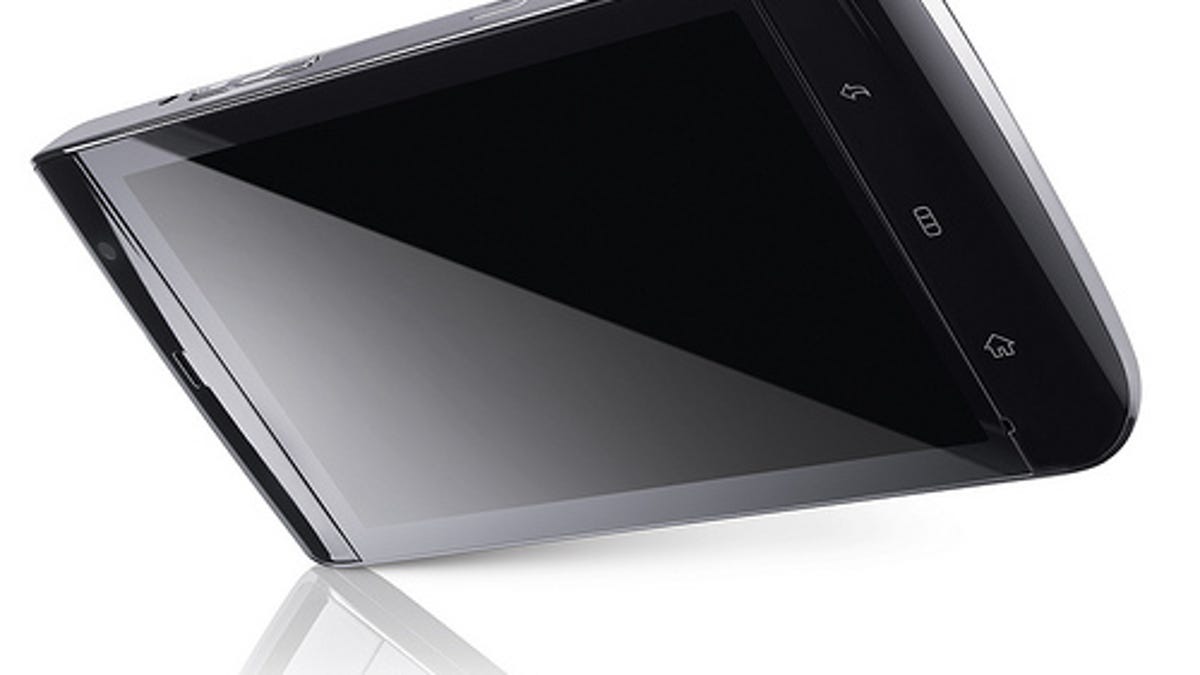Slate mania grips PC makers
Call them tablets or slates, but companies at CES seem obsessed with showing off the possibilities of PCs stripped of their keyboards and touch pads.

LAS VEGAS--Call them tablets or slates, but companies at CES seem obsessed with showing off the possibilities of PCs stripped of their keyboards and touch pads. These slate devices are essentially handheld screens that do some or most of what your laptop does, but with touch controls and, often, 3G data access.
We've seen several versions this week, in situations ranging from extensive hands-on demos to arms-length sneak peeks of devices that may or may not ever see the light of day. Of course, all of these products are operating under the very long shadow of Apple's still-unannounced tablet. (And note that people started calling these "slates" more often after the rumor mill called Apple's device the "iSlate.")
Lenovo had one of our favorite products of the show with the IdeaPad U1 Hybrid, a normal-looking Intel Core 2 Duo laptop, with a detachable screen that has its own CPU and Linux-based operating system. The touchscreen on the prototype we played with was more than a little laggy, but the overall concept was great, and we could see liking this system a lot.
Microsoft and HP made big news by planting news items about a tablet/slate PC that Steve Ballmer would demo at his keynote presentation. Only briefly seen, and largely undescribed, it left little lasting impression on the audience. More immediate is the new TouchSmart tm2convertible tablet, which is the latest version of HP's swiveling screen laptop.
The next morning,Dell jumped on the slate/tablet bandwagon, showing off a 5-inch device the company called a "concept" for a possible future product. We got a chance to give it a quick hands-on test and it seemed more like an oversized smartphone than a tablet PC (although we liked the haptic touch screen).
While every one of these won't be available for some time after Apple's purported late-January tablet reveal, it was clearly important for each of these companies to plant a flag in this growing space before Apple

